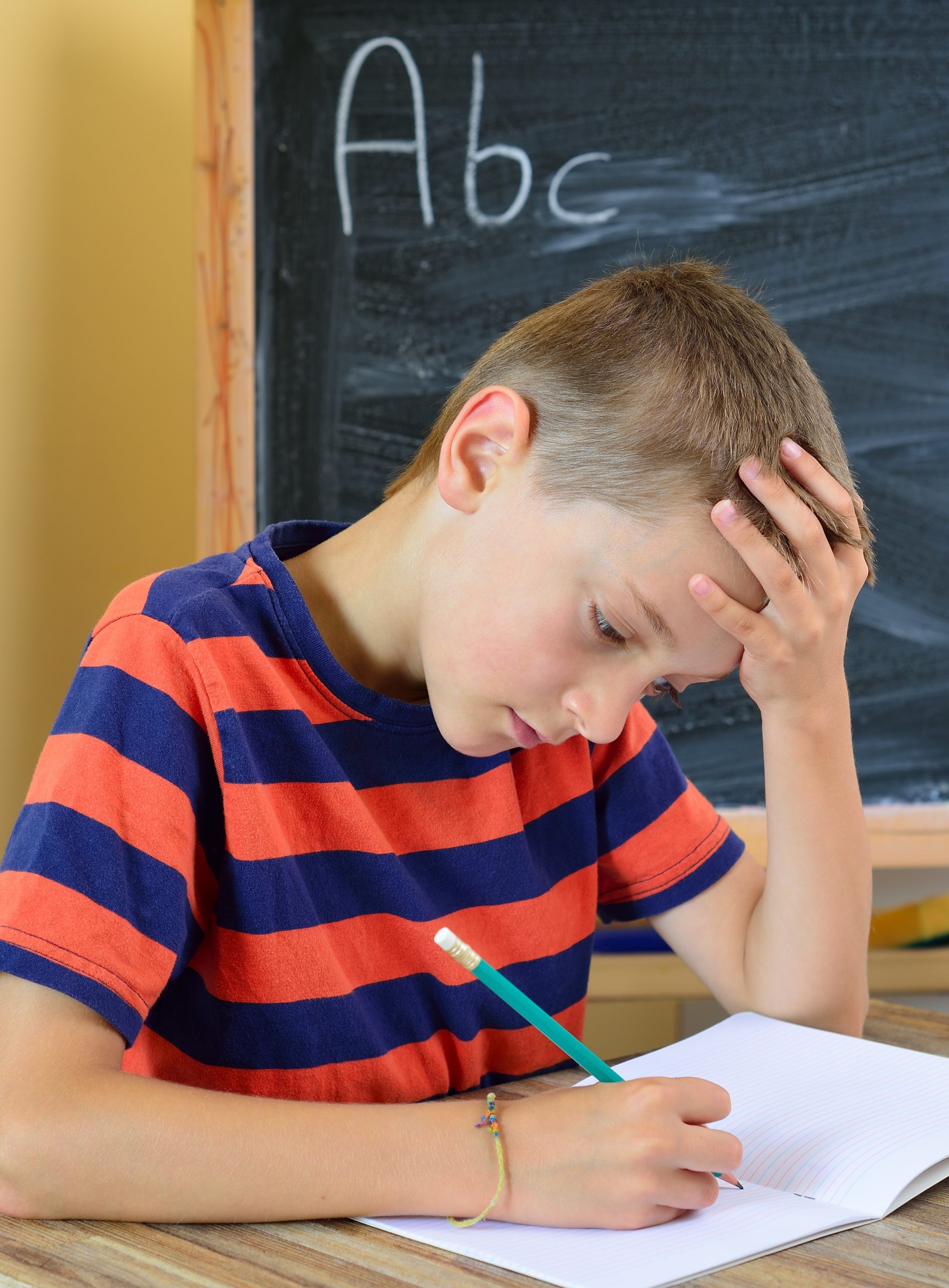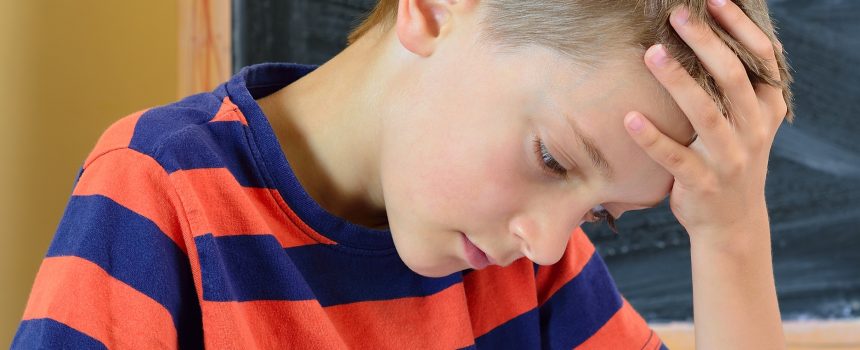 Students will act out in class for a variety of reasons. They may be bored, tired, or even suffering from anxiety. Anxiety can be the cause of other issues, such as the inability of the student to stay focused, shyness, and even the inability to finish assignments at home.
Students will act out in class for a variety of reasons. They may be bored, tired, or even suffering from anxiety. Anxiety can be the cause of other issues, such as the inability of the student to stay focused, shyness, and even the inability to finish assignments at home.
Anxiety can affect our students is so many ways, and it can be easily overlooked. Children can have different forms of anxiety: from general and social anxiety, to separation anxiety, Obsessive-Compulsive Disorder, and even phobias. Not all have been diagnosed, so even parents may not realize why their child is struggling.
Even as teachers, we are monitoring and engaging so many students throughout the day, we may not notice when a student is showing signs of anxiety.
Here are some identifiers to keep a look out for when a student shows signs of lack of engagement, disruption, or struggles with assignments:
Wavering Focus
Often this is blamed on disorders such as ADHD, however, sometimes the reason a student becomes disruptive, bored, or disengaged is due to some kind of anxiety. Their minds struggle to focus on the task because they are bombarded with thoughts or worries about something else. When a student falls off task, this is a chance to dig a little deeper and try to engage the student and find out what might be troubling them beyond the work of the day.
Disruptive Behavior
Students who act out can do so in many ways. They may kick the chair of the student in front of them, bully other students, speak out of turn in class, or even try to fight with other students. It may seem like a behavioral problem that can be solved with discipline, but there’s a chance the student is compensating for the anxiety they are feeling. They are trying to avoid the work they are struggling with or feeling uncomfortable about by creating a distraction for themselves outwardly. This is where the teacher needs to talk to the student, not to punish them, and find out what might be distracting them and help them find their way back on track.
Shyness
Teachers may notice some students don’t like to answer questions in class or in social situations throughout the day; they avoid talking to other classmates, or even spend any free moment with the teacher, almost clinging to them. These are signs of social anxiety and students who display these kinds of behaviors need special attention to make sure they are shown that it’s okay to talk and interact with others. They need to be shown that they will not be ridiculed or harmed if they do participate.
Missing Homework Assignments
Some students’ anxiety won’t show signs during the school day, but if they are struggling to finish or hand in homework, it might not be because they don’t want to do it, it might be due to anxiety they feel when they are away from the classroom. At home, they may not have the same educational support and confidence they gain with the teacher present, which makes it difficult to even start assignments on their own. Again, you need to talk with the student and help them discuss reasons why they are struggling and discuss simple solutions to help get them back on track.
What are ways you have identified student anxiety and some of the methods you’ve used to help those students succeed?

